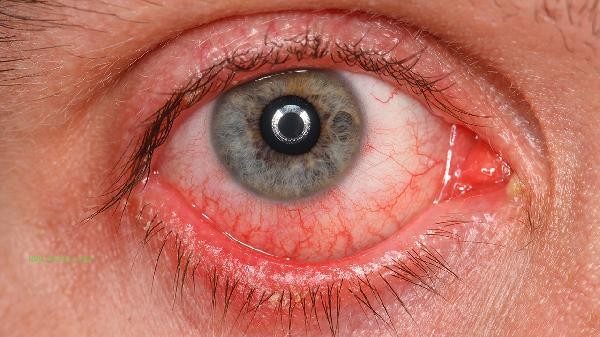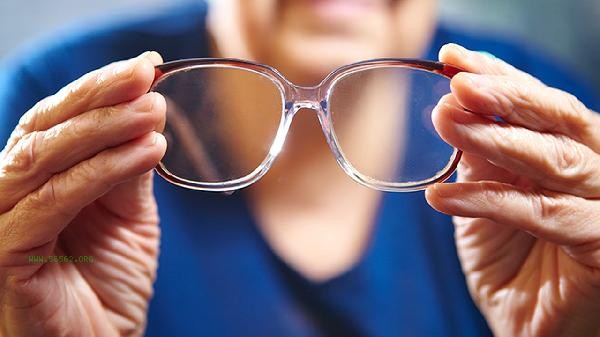The foods that are good for the eyes mainly include carrots, blueberries, spinach, deep-sea fish, eggs, etc. These foods are rich in nutrients such as vitamin A, lutein, anthocyanins, and omega-3 fatty acids, which help protect vision and relieve eye fatigue.

1. Carrots
Carrots are rich in beta carotene, which can be converted into vitamin A in the body. Vitamin A is an important component of retinal photosensitive substances, and a deficiency may lead to night blindness. Moderate consumption of carrots can help maintain corneal health and enhance visual adaptability in low light environments. It is recommended to increase the absorption rate of beta carotene by steaming or consuming it in combination with oil.
2. Blueberries
Blueberries are rich in anthocyanins and have strong free radical scavenging ability, which can reduce oxidative damage to the retina. The vitamins C and E contained in it can synergistically protect the microvessels of the eyes and improve their tolerance to strong light. Moderate consumption of blueberries by long-term eye users may help delay age-related macular degeneration.
3. Spinach
Spinach is an important dietary source of lutein and zeaxanthin, which selectively deposit in the macular area of the retina, forming a natural blue light filter. Consuming moderate amounts of spinach daily can increase the density of macular pigment and reduce the damage of ultraviolet radiation to photoreceptor cells. It is recommended to blanch quickly during cooking to retain more active ingredients.

4. Deep sea fish
Salmon, sardine and other deep sea fish are rich in DHA and EPA. DHA is the main structural component of retinal nerve cell membrane, and omega-3 fatty acids can inhibit eye inflammation response. Eating deep-sea fish two to three times a week can help improve dry eye symptoms and promote visual development in children.
5. Eggs
Egg yolks provide lutein, zeaxanthin, and vitamin A simultaneously, with high bioavailability. Zinc is involved in retinol metabolism, while selenium protects the eyes from heavy metal damage. One whole egg per day can meet some of the nutritional needs of the eyes, but patients with hypercholesterolemia need to control their intake. Besides the aforementioned foods, maintaining a balanced diet is equally important for eye health. Suggest increasing the intake ratio of dark vegetables and fruits, and controlling a high sugar and high-fat diet. Pay attention to taking regular breaks when using your eyes and avoid staring at electronic devices for long periods of time. Wear UV resistant glasses during outdoor activities, and middle-aged and elderly people can undergo regular fundus examinations. If symptoms such as persistent blurred vision and eye pain occur, seek medical attention promptly.









Comments (0)
Leave a Comment
No comments yet
Be the first to share your thoughts!